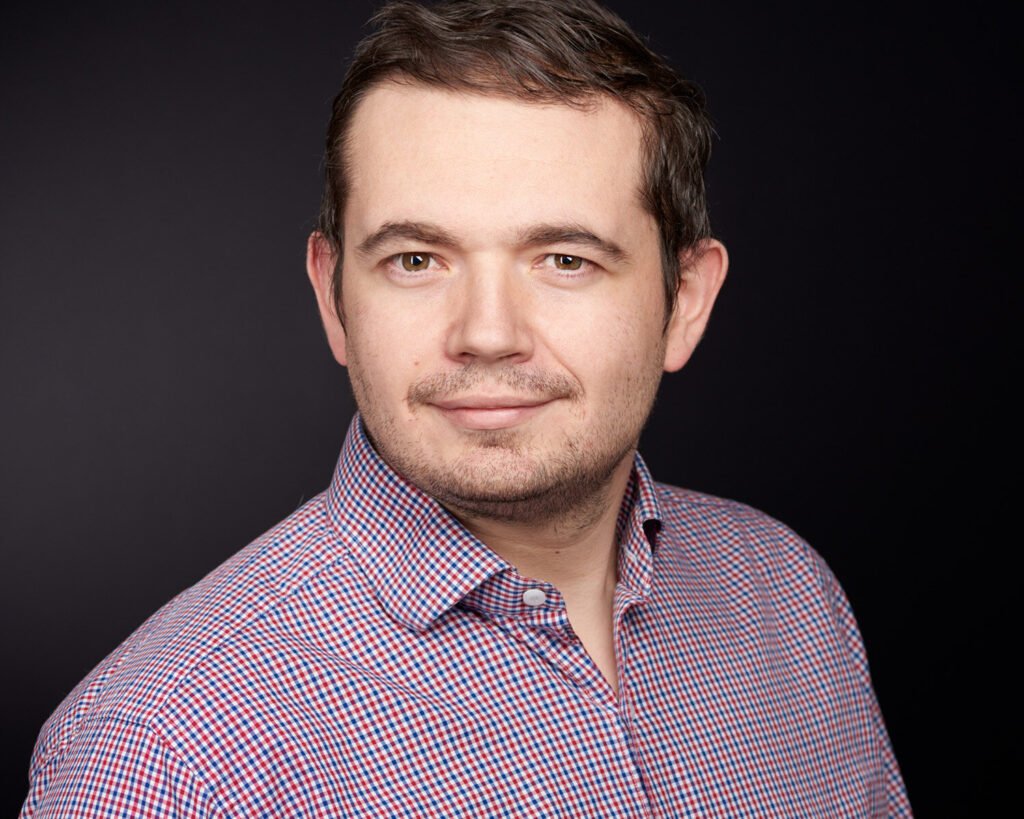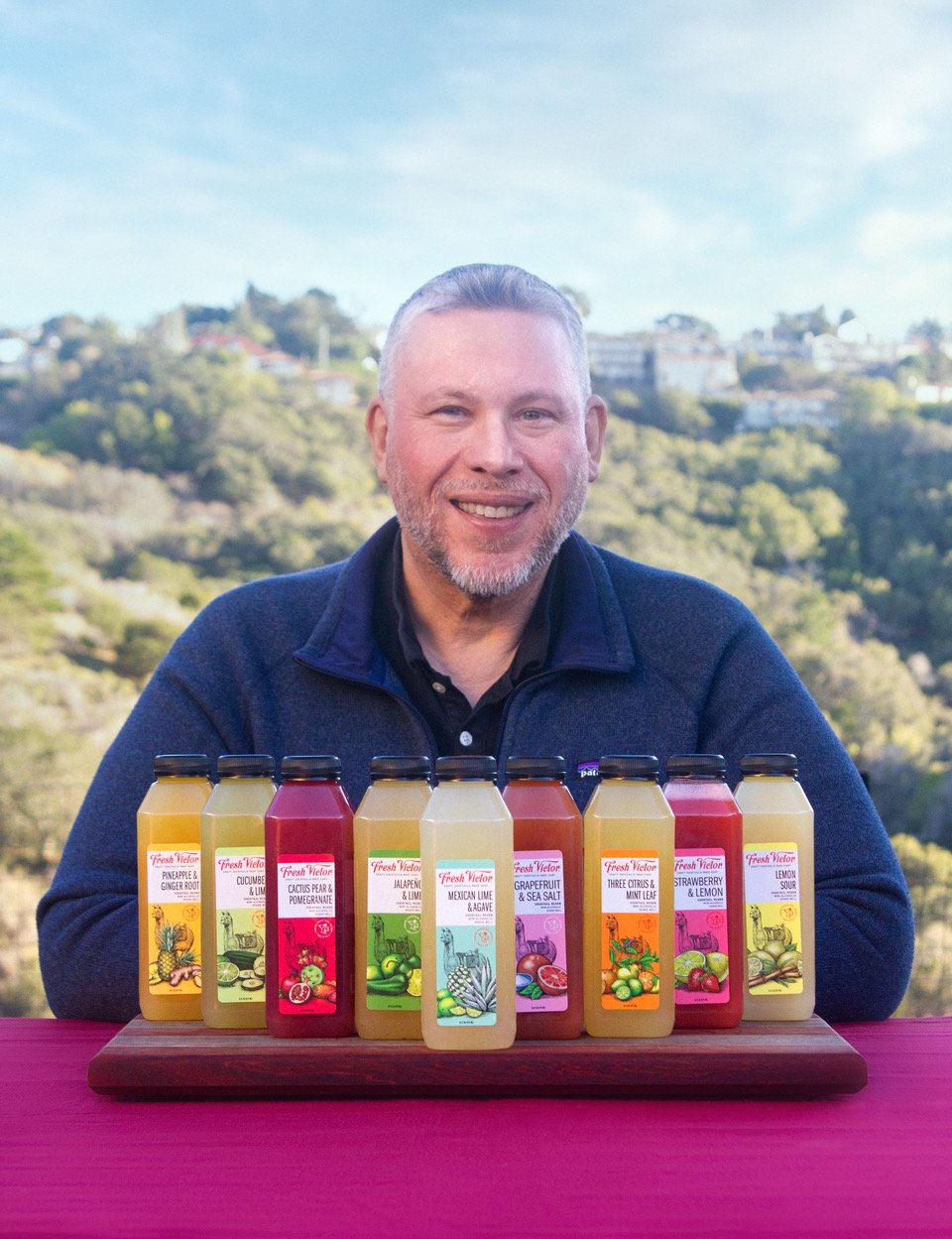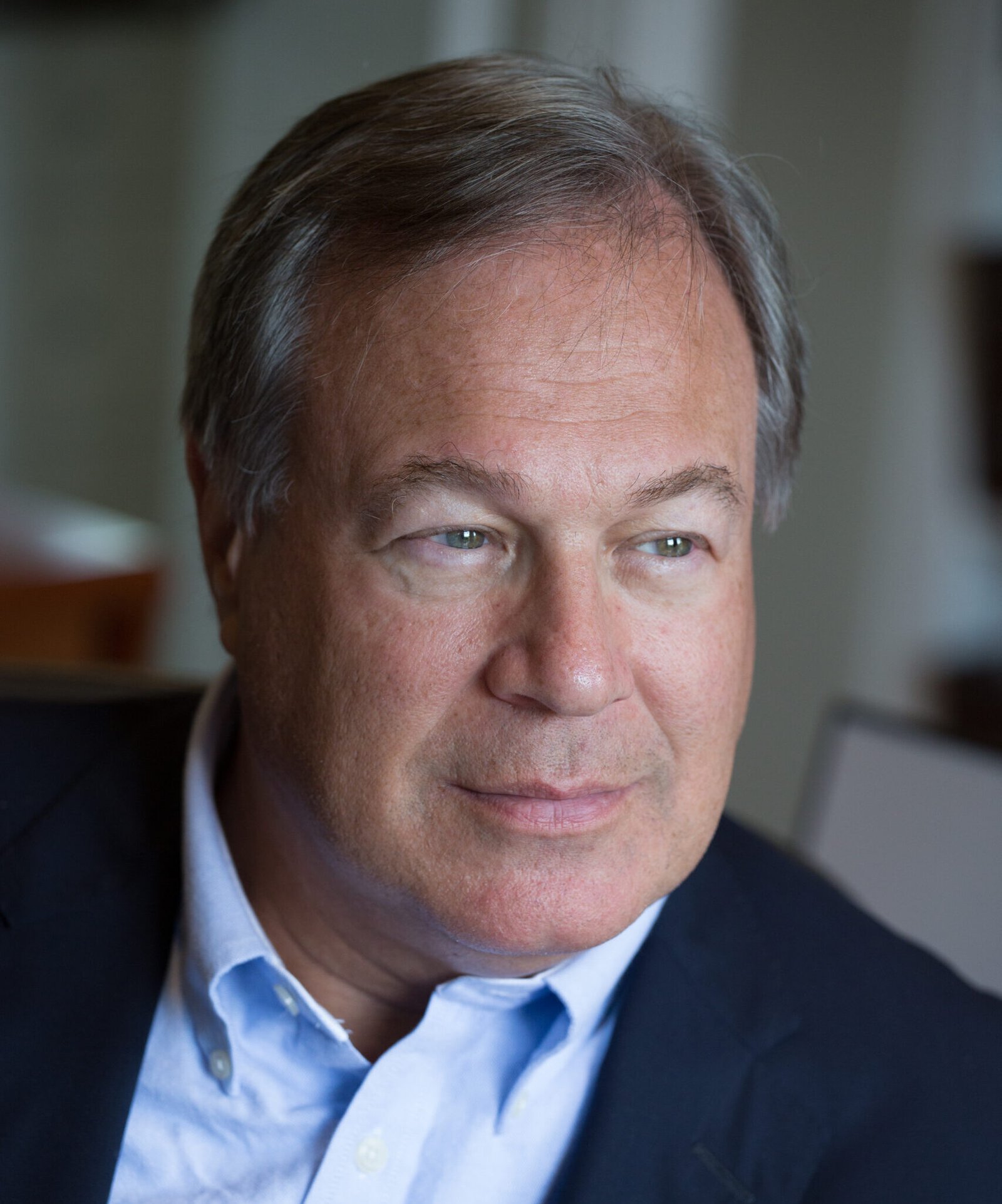I recently went one on one with Phil Andrews, CEO of USA Weightlifting.
Adam: Thanks again for taking the time to share your advice. First things first, though, I am sure readers would love to learn more about you. How did you get here? What experiences, failures, setbacks or challenges have been most instrumental to your growth?
Phil: Prior to my role at USA Weightlifting, I worked in professional Ice Hockey for British Champions Coventry Blaze. During my time at the organization, I learned how to grow a minority sport alongside Team GB and also served on the founding board of the British University Ice Hockey Association as well as charity Hockey Stars for Hope.
After an additional spell at fellow professional Ice Hockey side Basingstoke Bison, I took on a slightly different role at FTSE 250 student hospitality business Unite Group PLC, and then David Lloyd Leisure in management roles.
I then oversaw operations and commercial activities for the University of East London (UEL), notably hosting the USOPC’s High Performance Training Center for the London 2012 Olympic and Paralympic Games.
During my time with UEL, the University increased its standard conferencing business by triple-digit percentage growth, delivered millions of dollars of revenue back into the University, and worked with 31 diverse Olympic & Paralympic operational clients including Asics, Adidas, Singapore Sports Council, LOCOG and the US Olympic & Paralympic Committee. This gave me the drive to further my ambition and work for a national governing body.
This opportunity came at USA Weightlifting where I was the Director of Programs & Events for the organization, overseeing the Events, Outreach and High Performance support functions, before being appointed as CEO in April 2016, having held the post on an interim basis since December 2015.
During my tenure, I have overseen a change of culture within the sport which has seen membership in the United States almost treble over the past five years and sponsorship revenue increased by nearly $2m annually.
Adam: What have been your best lessons from leading USA Weightlifting during the pandemic?
Phil: At USA Weightlifting, we were hit hard by the cancellation of the Tokyo 2020 Olympic and Paralympic Games, as well as the closure of gyms throughout the country, but like many other organizations we have worked together to ensure jobs were protected and that the organization’s long-term future is stable.
Working with like-minded organizations to share best practices and brainstorm is another way of showcasing effective leadership. We’ve partnered with other governing bodies on a range of different initiatives over the past 12 months which has helped us to reach wider audiences and share success stories that could be implemented by others.
This can also be replicated by local organizations working in completely different industries, but that may wish to support each other during a difficult time. Good leadership doesn’t have to be restricted to your sole business and sharing best practices will enable you to increase your network and become a recognized industry voice.
With everyone seemingly struggling financially during the pandemic, leaders have had to be innovative to create new revenue streams for their businesses. For us, that has taken on many forms including moving our live events and coaching sessions to virtual camps.
Providing value to sponsors away from competitions has been another factor for organizations such as ourselves to consider, particularly given the importance of that income stream. Organizations that have thrived and shown the most value to sponsors have been those that focused on a collaborative approach and communicated with their key stakeholders at every level.
Adam: What is your best advice on building, leading and managing teams?
Phil: There is no one size fits all guide to being a leader and many teams are made up of individuals that need to be managed in several different ways. This year has been no different, with people reacting to the COVID-19 crisis in their own unique ways, and they have understandably looked to the leaders in their organization for guidance. The advice I would give often changes each year as I continue my own growth and development, but I’ve pinpointed three things that I believe will make a good leader in 2021 and beyond:
1. Be transparent
Transparent leadership is key to creating a culture of trust between leaders and their employees.
Information sharing within any business is critical and will help to create a more open and creative work environment.
Being transparent should not be mistaken for showing a lack of authority; instead, the reality is that people want to relate to their leaders and know that they’ve experienced similar problems or difficulties during their careers.
2. Encourage critical thinking
With so much content and information available to us at our fingertips in the 21st Century, it seems that people are fast losing the ability to think critically.
We can be quick to take the opinion of an individual as gospel and promote it as our own ideology, leading to a lack of creativity in the way that we think, both professionally and personally.
By encouraging your employees to be active in their learning and to question their ideas, arguments and findings, it will ensure that your organization doesn’t stagnate or get left behind in this fast-paced world.
3. Demonstrate accountability
There are two sides to being an accountable leader and the individuals that will shine in the coming year will be able to achieve both facets.
Some people are able to implement accountability across their organization with great success yet are unwilling to be accountable for their own actions. As a leader, it’s vital that you can do both.
All too often, accountability can be something that employees fear, possibly due to past experiences in other roles, where they felt certain managers were looking for ways to call them out for their mistakes.
The reality is that leaders should ensure accountability is distributed throughout an organization, with increased responsibility for those at the top.
Adam: What do you believe are the defining qualities of an effective leader?
Phil: For me, the most important quality of an effective CEO or director is an ability to lead with empathy. I’ve always been a big advocate of empathetic leadership, but it has taken on increased importance over the past 12 months and will continue to do so next year.
Understanding the needs of your employees is a critical quality of any business leader but can become magnified during a crisis. Employees work best when they feel valued and by showing curiosity about their ways of working and what motivates or interests them, you can connect with them on a personal level.
The other three key defining qualities of an effective leader, in my mind, are being transparent, innovative and agile.
Being transparent with staff will ensure that you are respected by your employees and it’s your responsibility as a leader to have honest conversations, however tough they may be.
Innovation is also essential during times like these, particularly to create new revenue streams for your business. Don’t be afraid to take calculated risks to protect your organization’s long-term future.
And finally, be agile and flexible. While building a clear plan for your organization remains an important priority, you must accept that things are constantly changing and what works one week may no longer be effective a week later. Now is the time to put trust in your staff and take the opportunity to do things that you may not have been able to pre-Covid-19.
Adam: How can leaders and aspiring leaders take their leadership skills to the next level?
Phil: As a leader you should never stop looking for ways to improve your style and how you engage with individuals at every level. It would be remiss to think that because you’ve become the CEO or leader of an organization that you have nothing further to learn, the reality is that your journey has only just started.
Showing humility and understanding that you will make mistakes are also vital traits that any leader or aspiring leader should possess. People that aren’t willing to take responsibility for their actions will never be the right long-term fit for an organization.
Adam: What are your three best tips applicable to entrepreneurs, executives and civic leaders?
Phil: Invest in building your own personal profile. It may seem obvious, but if you have success as a leader then you should showcase that to your network, particularly on business-focused social platforms such as Twitter and LinkedIn.
Similarly, building your own network is probably the single most important thing that any entrepreneur or businessperson can do. While it’s more difficult to put yourself ‘out there’ during a global pandemic, there are opportunities to expand your connections on social media, online forums, or business communities. Your network should also involve having a mentor that you can trust, ideally someone who has had success in business and leadership and will help take you to the next level.
Keep challenging yourself to gain a better understanding of how you work best and any improvements that you may need to make. Taking yourself out of your comfort zone will help you to take calculated risks and encourage innovation.
Adam: What are your best tips on the topics of sales, marketing and branding?
Phil: Authenticity is always the most important factor to consider when it comes to sales, marketing and branding. With less than 2% of USA Weightlifting’s income coming from government or National Olympic Committee funding, we have to fend for ourselves when it comes to securing membership sales and event sign-ups.
With such reliance on sponsorship income, there is a train of thought that we will take on any and every sponsor that is willing to invest in a partnership. However, the deals that are most beneficial to both parties will involve far more collaboration. This is where authenticity is so important, as potential customers will see right through anything that doesn’t align to your brand purposes. Companies that take a stance and show they are not afraid to share their take on societal issues will often be the ones that enjoy the most success.
Adam: What are your best tips on the topic of weightlifting?
Phil: For any sport, not just weightlifting, the best tip that I can give is to live and breathe your sport and showcase why you care about it. The weightlifting community is very knowledgeable and so if you don’t take the time to learn about the relevant needs of its stakeholders then you’ll quickly be found out. That is why the first thing that I did when becoming CEO of the organization was to undertake a campaign of listening to ascertain the best way forward and how I would fit into that. As CEO of a national governing body, my mission is always to put the needs of our athletes above my personal needs and that will never change.
Adam: What is the single best piece of advice you have ever received?
Phil: Early on in my career I was told that you have two ears and one mouth so you should do twice as much listening as you do talking. That is the one piece of advice that has stuck with me throughout my career and is something that I believe is particularly important when it comes to business leaders.
New CEOs that come into an organization and try to make sweeping changes without consulting staff that know the business inside out are often met with resistance. It shows the importance of learning the culture before trying to change the culture, however experienced or knowledgeable you may perceive yourself to be.









